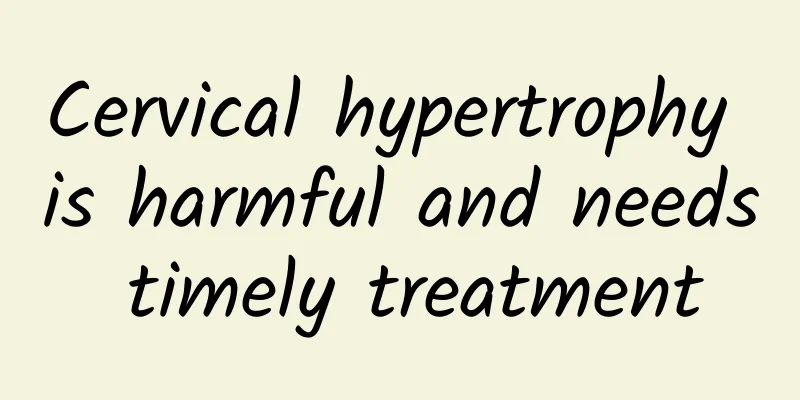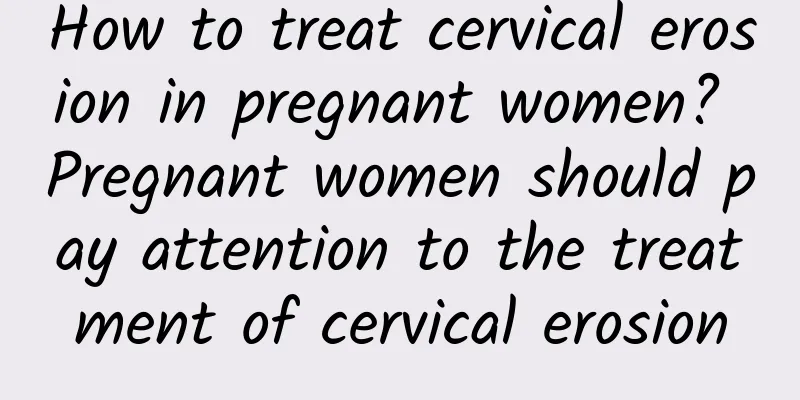Can someone with an ovarian cyst get pregnant?

|
People with ovarian cysts can usually get pregnant, but the specific situation needs to be evaluated based on the type and size of the cyst and its impact on ovarian function. If the cyst affects ovulation or there is a risk of malignancy, treatment may be required before trying to get pregnant. Regular checkups and doctor evaluations are important steps to ensure a successful pregnancy. 1The impact of ovarian cysts on pregnancy Ovarian cysts are divided into functional cysts and pathological cysts. Functional cysts such as corpus luteum cysts and follicular cysts are usually related to the female menstrual cycle, and most of them do not require treatment and will disappear on their own, usually without a significant impact on pregnancy. Pathological cysts such as chocolate cysts and teratomas may affect ovarian function, leading to ovulation difficulties, fallopian tube obstruction or infertility. Some pathological cysts may also have the risk of malignant transformation. If the cyst is too large or complications such as cyst rupture or torsion occur, the chance of pregnancy may be reduced, and may even endanger the safety of pregnancy. 2Inspection and evaluation of cyst type Women who are planning to get pregnant should use ultrasound and other imaging tests to confirm the type and size of the cyst and whether treatment is needed. If it is a type that affects ovulation, such as polycystic ovary syndrome or chocolate cyst, the doctor may recommend targeted treatment to increase the chance of pregnancy. This may include medication such as ovulation-stimulating drugs or surgery such as laparoscopic cystectomy or ovarian electroporation to improve ovarian function and endocrine balance. 3 Cyst management during pregnancy If you still have ovarian cysts after pregnancy, you need to monitor them regularly. Some functional cysts may gradually shrink or disappear during pregnancy, but larger cysts or pathological cysts may need to be treated with minimally invasive surgery in the second trimester to avoid affecting fetal development or causing acute complications such as cyst rupture or torsion. Health management during pregnancy is particularly important, and you need to follow the doctor's advice for comprehensive tracking and monitoring. Women with ovarian cysts are more likely to become pregnant, but whether treatment is needed depends on the nature and size of the cyst and its effect on ovarian function. When preparing for pregnancy or during pregnancy, it is recommended to conduct personalized management through medical evaluation to ensure safety and health. If you are confused, it is important to seek advice from a professional gynecologist as soon as possible. |
<<: What should I eat to soften my cervical hypertrophy?
>>: How long does it take to get pregnant again after curettage?
Recommend
What should I do if I have severe menstrual irregularities?
What should I do if I have severe menstrual irreg...
There is a trick to prevent cravings! 8 ways to avoid binge eating
Don't confuse hunger with cravings; they are ...
Does endometrial tuberculosis cause bleeding symptoms?
Endometrial tuberculosis is a common gynecologica...
Will the mother's dysmenorrhea be passed on to the child?
Dysmenorrhea is one of the common gynecological s...
What are the specific causes of adnexitis?
Adnexitis is a common gynecological disease, and ...
What methods can be used to check for pelvic inflammatory disease?
What methods can be used to check for pelvic infl...
Four important dietary taboos for bacterial vaginosis
After suffering from bacterial vaginitis, female ...
What kind of injection is given after uterine fibroid surgery? What is the reason for vomiting after uterine fibroid surgery?
What kind of injection is given after uterine fib...
How to prevent cervical hypertrophy
The symptoms of cervical hypertrophy are not very...
What are the dangers of uterine fibroids
Uterine fibroids are the most common benign tumor...
What to do if uterine prolapse occurs
What should I do if I have uterine prolapse? Firs...
Why do women develop uterine fibroids? What can I eat to eliminate uterine fibroids the fastest?
Why do women develop uterine fibroids? Uterine fi...
What is Gardnerella vaginitis
Gardnerella vaginitis is a common vaginal infecti...
Causes of pelvic inflammatory disease in women
Pelvic inflammatory disease is a disease that tro...
Women over 30 should be alert to uterine fibroids!
Uterine fibroids are the most common benign tumor...









